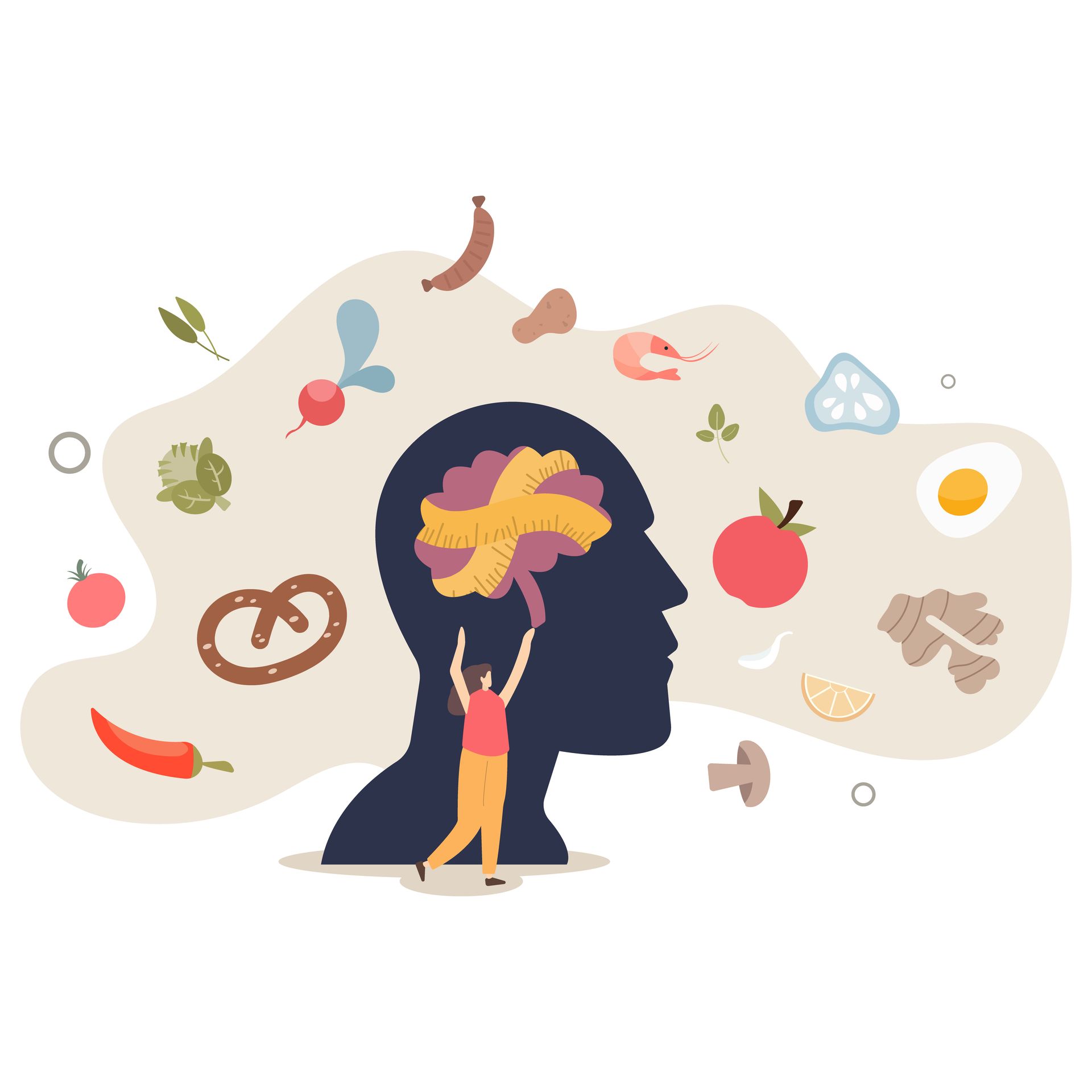By Zina De Mercey
•
February 28, 2025
Women’s Day is more than a celebration, it’s an opportunity to rethink women’s major health concerns: stress, one of the leading causes of health issues. It’s a chance to reflect on healthier ways to cope with it. As women, how many times have you felt challenged by stress? The kind that follows you through the day and keeps you up at night, tightening your chest as you mentally replay overwhelming worries? Despite considerable advances, significant gaps remain in our acknowledgement of stress related to gendered caring roles. While stress is universal, we know that women and men experience it in very different ways. Women are more likely to feel overwhelmed and exhausted by stress. We also know that women are exposed to chronic stress than men. Why it is so? The silent burden of women When it comes to women and stress, the answer to this question partly lies in social constructs, role prescription and emotional labor. Although stress is an unavoidable part of life, for women; it often comes in layers: Being a devoted mother, a family caregiver, a loving and supportive wife, and a successful career woman while maintaining social expectations in terms of beauty, fitness, ageing, and emotional support can beoverwhelming. This, is the invisible burden that women disproportionally carry and that contributes to the strain many women feel daily. As a result, women often internalize stress by developing perfectionist tendencies as a way to cope with the pressure of juggling multiple roles. This situation is further intensified by the disconnection between what’s expected of women and what is it, really, to be a women in today’s world. This snowballing effect leads women to put more pressure on themselves trying to solve this complex equation, relentlessly willing to close the gap between social expectations and reality of womanhood. As a therapist, I have encountered many women facing stressful events struggling with self-defeating beliefs such as “I fail if I can’t do it all” , “ I should stay strong for everyone” or "I should be able to handle everything on my own" . Those thoughts are deeply ingrained in women’s minds and they often reinforce guilt, emotional suppression, and perfectionism;making stress even more overwhelming. What are the causes of women stress? The main identified causes of stress are professional life, financial problems, couple life, and health issues. However, the reality of women balancing multiple roles across professional, personal, and social spheres intensifies stress and exhaustion as they navigate conflicting demands. Here are common sources of stress for women: Work-related stress: In the workplace, women's stress often arises from unexpected sources. On the top of their duties as professionals’, women are expected to demonstrate greater empathy, patience, and emotional control. The glass ceiling and gender biases create additional pressure by imposing higher expectations on women. Maintaining work-life balance also remains a constant source of stress. “Super-women” syndrome: Women often face a “second shift,” balancing professional and domestic responsibilities, which significantly increases stress. Managing schedules, tracking household tasks, and remembering key dates add to their mental load. Parenting further amplifies this stress, as societal expectations and the "Perfect Mother" myth set unattainable standards. Many women feel compelled to meet these ideals, often at the cost of their own well-being. Women face immense pressure to excel in multiple roles at once. This relentless demand fosters resentment, fatigue, and stress, particularly when their efforts go unrecognized. Love & Load: As a couple therapist, I experienced several key stressors that women face in their relationships. Traditional gender norms still expect women to prioritize their relationships and family over personal needs. A women may not engage in pursuing her career, stepping up the laddersfearing relationship strain. The struggle to balance self-identity and relationship expectations, combined with guilt and self-doubt when prioritizing personal goals, often creates internal conflict and increased stress for women. How do we react to stress? While short term stress can be a source of motivation, chronic stress gradually depletes mental, emotional, and physical health. Chronic stress impacts all aspects of well-being: psychologically, it leads to emotional exhaustion and low self-esteem; emotionally, it causes breakdowns and burnout; physically, it weakens immunity and increases health risks; and behaviorally, it fosters withdrawal and maladaptive coping. Early intervention is key to preventing long-term harm. How to better cope with stress? International Women’s Day is an opportunity to pause and reflect on better ways to manage stress through healthy and adaptive coping strategies that enhance women’ quality of life and overall well-being. Here are some healthy strategies to relate to: 1. Separate the Stress from the stressor When experiencing stress, it is important to separate stress from the stressor. Stress is your body’s physiological response that follows a cycle with a beginning, middle, and an end;while the stressor is the external trigger. You don’t have to fix your problem to release stress. Even if the stressor (work deadlines, family conflicts or couple issues) is still present, you can release stress physically and emotionally through simple actions like: deep breathing, crying or sharing a warm hug with a loved one. Visualization can be a powerful tool. Closing your eyes and picturing a safe, comforting space helps your body process stress, relax and reset. 2. Be friend with stress When we experience stress our body respond in different ways, each of them shaping the way we cope with our challenges. Fight Mode: Reacting with frustration, defensiveness, or aggression. Instead of lashing out, try to pause before reacting and reset your response through deep breathing. Flight Mode: Feeling overwhelmed and wanting to withdraw. Try to regain a sense of control by breaking challenges into small, manageable and controllable steps. Befriend Mode: Research shows that this strategy leads to better outcome. Women tend to embrace stress by seeking support rather than fighting or fleeing. They often turn to connection, sharing their worries with their loved ones, which helps regulate the nervous system and alleviate stress. Recognizing different coping mechanisms allows us to adopt a more constructive approach to managing stress and its triggers. 3. Stress as a lever not a threat Instead of seeing stress as a threat, reframe your mindset: Stress is just your body’s reaction to any change that requires an adjustment or a response. Stress prepares you to face your challenge. Instead of seeing stress as a threat, making peace with it allows us to harness its energy, its motivational force, build resilience, and navigate our challenges with greater response. When your heart races, when anxiety increases just think: “My body is just giving me a motivational force to overcome my challenge” or “How can I use this force for good to mitigate my worries?”. Shifting our perspective to see stress as a positive force fosters resilience, turning challenges into opportunities. Trusting our ability to adapt is key. 4. Reframing, Is the glass half-full or half-empty? When worries pile up, stress takes control. That’s the moment to pause and reframe. Ask yourself, “Is the glass half-full or half-empty?” Shift from “I’ll never get through this” to “I’ll take it one step at a time.” Try changing your perspective, identify one potential benefit in the challenge, recall past moments when you successfully managed stress, or focus on a small, actionable step within your control. Reframing is essential because stress has an impact on our cognitive flexibility, it narrows our thinking, distorts our perspective, and makes challenges feel bigger than they are. Remember, you’re doing your best, and that’s enough! 5. Resonance as a stress relief To relentless pressure, we, women need to find our own deep connection to the world to healthily cope with stress. Hartmut Rosa's concept of “Resonance” emphasizes shifting from control to meaningful connection whether in relationships, work, nature, or creativity fostering deeper connection, well-being, and a more fulfilling way of experiencing life. Instead of viewing life as a checklist of tasks, a relentless pursuit of perfection and performance, or a constant drive for efficiency, we should focus on experiencing life purposefully. Rather than seeking validation, we need to connect with what truly matters. Instead of feeling trapped by expectations, we should embrace being fully present in the moment and finding joy in the “here” and “now”. Constantly reminding ourselves that our worth is not defined by external standards. Many activities can help us engage in a form of “Resonance” to ourselves and to the world, including yoga, sound healing, meditation, and gratitude practices. Keeping in mind that true support for women stress comes from all genders, including men, in a shared commitment to balance, equity, and well-being.











